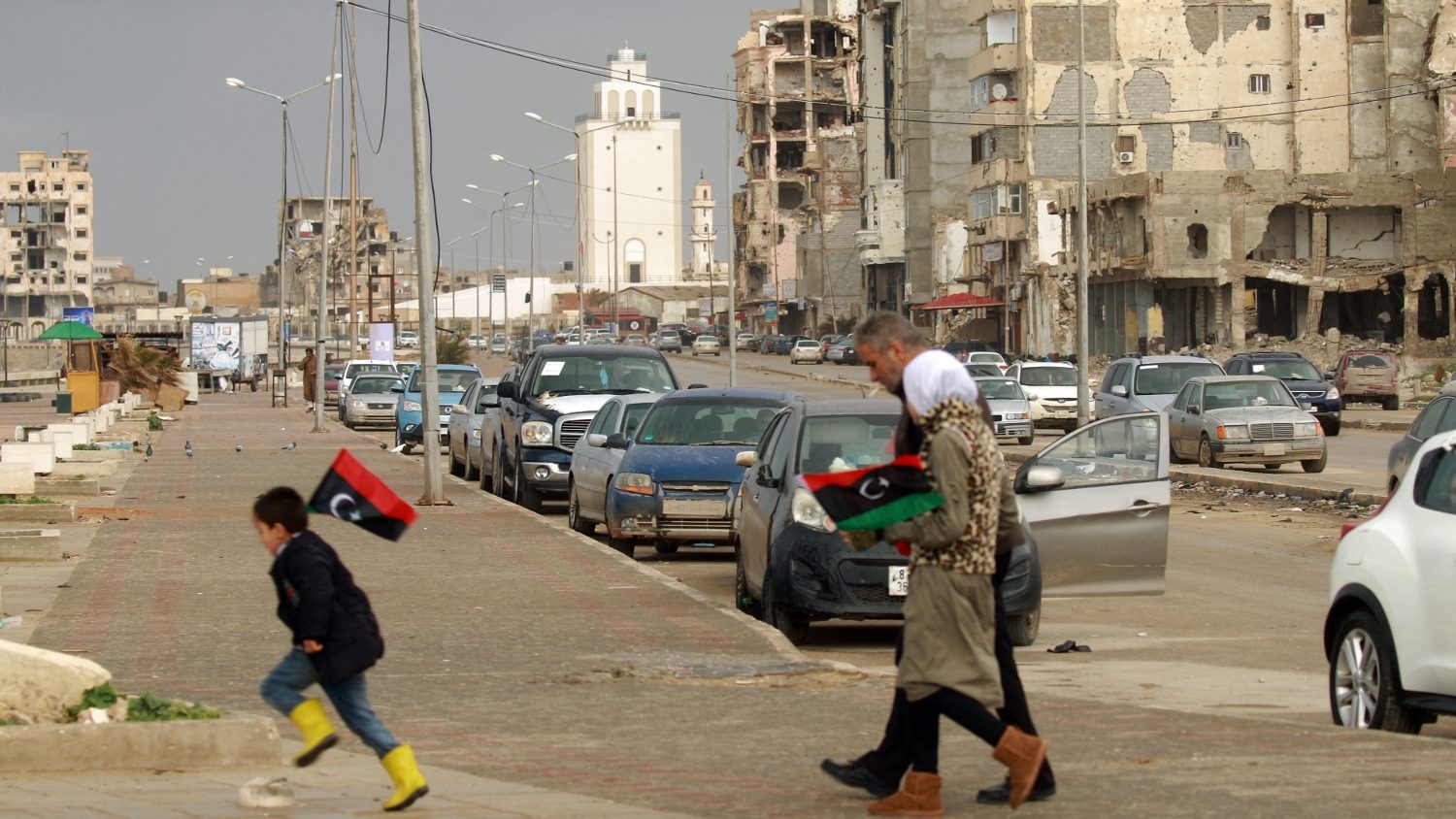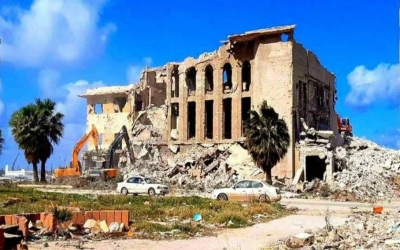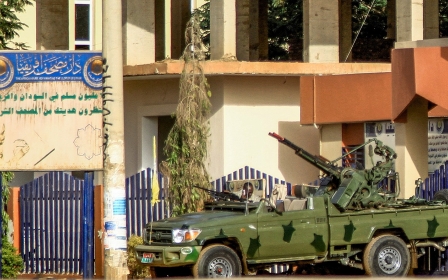Libya: UN experts urge Haftar's forces to stop demolishing homes in Benghazi

A group of experts commissioned by the United Nations have called upon Libyan commander Khalifa Haftar's forces to stop evicting people and demolishing their homes in the city of Benghazi.
In a statement published on Monday, the group of experts said that since March, the Haftar-led Libyan National Army (LNA) has removed more than 20,000 residents from their homes with "very short notice". There were also no prior consultations with concerned residents, according to the experts.
“We are alarmed by the suffering caused to those being forcibly evicted, some of whom had only recently returned and refurbished their homes after they were internally displaced, and their homes were damaged in 2014. This is particularly harsh,” the experts said.
The report stated that none of the residents who were removed from their homes received any assistance to secure "new housing of equal value", and there is currently no structure in place to compensate the evictees.
The UN experts said that evictions carried out by the military or other armed forces are "of doubtful legality" without providing specific reasoning behind the LNA's actions. Local reports say the evictions are taking place to make way for development projects.
On top of this, residents who protested the evictions were coerced into compliance through means including harassment and violence.
“The intentional demolitions, including of historic neighborhoods, protected heritage sites and many residential units, have already caused irreparable harm to the urban architecture and living heritage of the city,” the experts said.
In May, Middle East Eye reported that soldiers affiliated with the armed group, Tariq Ben Zeyad, led by Haftar's son Saddam, demolished several properties built during the Italian occupation of the country in the early 20th century.
The demolitions affected structures in the heart of the old city, specifically along Omar al-Mokhtar Street.
Included in the targets for demolition are the Berenice Theatre, designed by architect Marcello Piacentini in the 1920s, and the former headquarters of Banco di Roma.
A video recorded by a local resident caught bulldozers demolishing monuments in the old Italian quarter of Benghazi.
However, Francesco Saverio De Luigi, the Italian consul in Benghazi, told MEE at the time that there wasn't a real demolition campaign, but rather the military was removing the remnants of structures damaged during the country's civil war in preparation for future reconstruction.
Benghazi suffered considerable damage during the battles that raged for several months in 2014, when Haftar launched an operation to capture the city from militant groups. Residents of Benghazi's old city were instructed by the army to evacuate their homes. By July 2017, Haftar had declared the city liberated, but many of its buildings were left in ruins.
Osama Elkezza, project manager at the Benghazi municipality, told MEE earlier this year that projects are underway to rebuild colonial-era monuments in the city.
The UN experts, however, warned that the current pattern of "destruction is spreading in an alarming manner" and is depriving the local communities of "archaeological, colonial and religious sites and buildings that bear testimony to the long and continued history of human presence in this city".
The experts called on Libyan authorities to clarify the situation and provide transparency with the demolitions.
"Authorities have a duty to clarify the situation and prevent further abusive destruction and human rights violations," they said.
Middle East Eye propose une couverture et une analyse indépendantes et incomparables du Moyen-Orient, de l’Afrique du Nord et d’autres régions du monde. Pour en savoir plus sur la reprise de ce contenu et les frais qui s’appliquent, veuillez remplir ce formulaire [en anglais]. Pour en savoir plus sur MEE, cliquez ici [en anglais].





